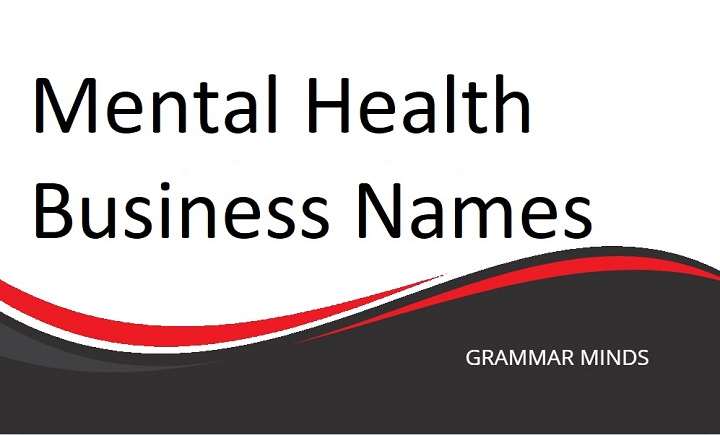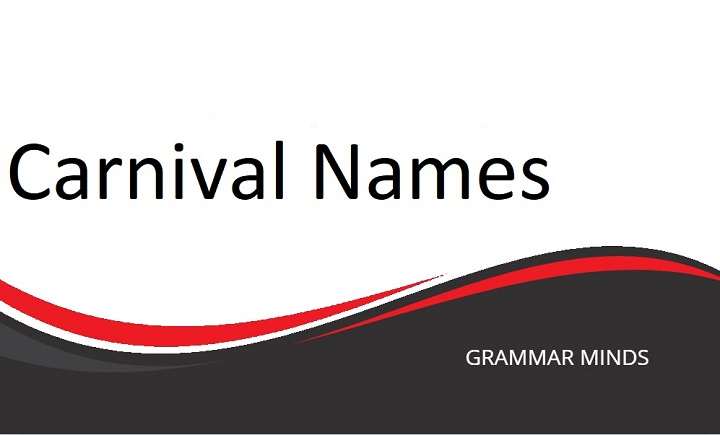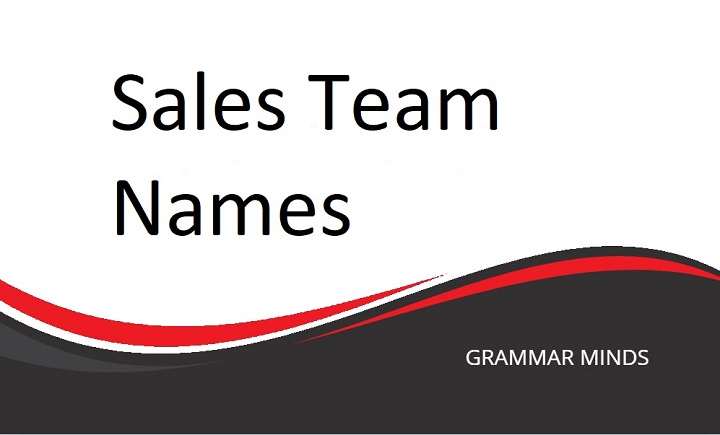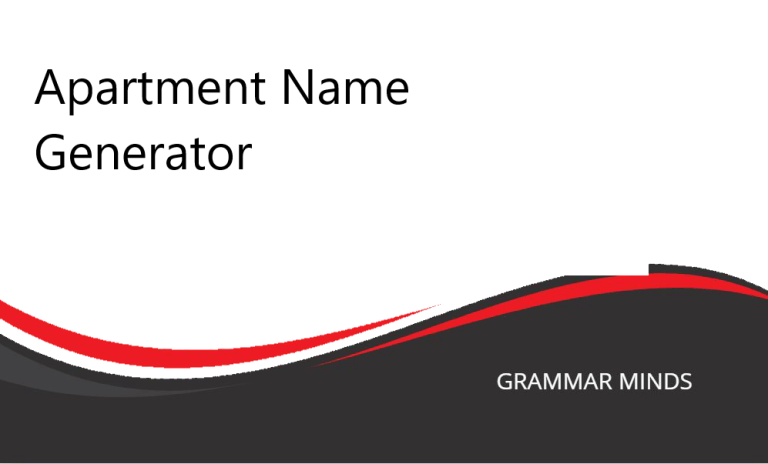Choosing a name for your mental health business is a significant decision that can influence how clients perceive your practice, attract the right audience, and establish your brand identity. The right business name can evoke trust, professionalism, and compassion, while the wrong one might confuse potential clients or fail to resonate with your target audience.
In this article, we will explore the key factors to consider when naming your mental health business, offer creative ideas, and provide tips on how to ensure your name stands out in a crowded market.
Why Your Mental Health Business Name Matters
Your business name is more than just a label – it’s the first impression potential clients will have of your practice. It conveys your business’s values, mission, and personality. In the mental health industry, where trust and professionalism are paramount, the right name can help clients feel more comfortable reaching out for help.
Key Reasons Why Your Business Name is Important:
- First Impression: Your name will likely be the first thing clients see in directories, online searches, or when referred by others. It must convey the right message from the start.
- Brand Identity: The name helps build your brand identity, reflecting your approach to mental health care, your specialty, and the tone you want to set.
- Memorability: A unique and catchy name is easier for clients to remember, refer to others, and associate with a positive experience.
- SEO and Digital Marketing: Your business name can influence how easily potential clients find you online. Including relevant keywords in your business name can enhance your visibility in search engine results.
- Professionalism and Credibility: A well-thought-out name enhances your credibility, helping clients feel that they are contacting a legitimate and caring professional.
Steps to Choosing the Perfect Mental Health Business Name
Selecting the right name for your mental health practice is a blend of creativity and strategy. Here are some steps to guide you in creating a powerful name that resonates with your audience:
Define Your Target Audience and Services
Before brainstorming name ideas, take the time to define your target audience. Are you focusing on general mental health services, or do you have a specific niche such as family therapy, anxiety, depression, trauma recovery, or children’s mental health? Understanding who you want to serve will help you create a name that appeals directly to your ideal clients.
- Examples: A practice that specializes in adolescent mental health might choose a youthful, positive-sounding name, while a business targeting corporate clients might want something more professional and neutral.
Consider the Emotional Tone
In mental health care, the emotional tone your name conveys is critical. Do you want your business to sound comforting, empowering, professional, or hopeful? Decide what kind of feeling you want to evoke in your clients.
- Comforting: A soft and soothing name can help clients feel safe and supported when they seek help.
- Example: Safe Harbor Counseling or Serenity Minds Therapy
- Empowering: A name that suggests growth and healing can encourage clients to take action toward their mental well-being.
- Example: Empower Mind Therapy or Rising Path Psychotherapy
- Professional: If you’re targeting a more formal or corporate audience, a name that is clean and simple without too much emotion might be more appropriate.
- Example: Insight Behavioral Solutions or MindCare Professionals
Brainstorm Creative Words and Phrases
Once you have a clear understanding of your target audience and the emotional tone you want to convey, start brainstorming creative words and phrases that align with your vision.
Consider these categories for inspiration:
- Positive Emotions: Words like hope, calm, balance, and peace.
- Nature: Nature-based names like mountain, river, ocean, or forest can evoke a sense of calm and grounding.
- Healing: Words like recovery, growth, healing, and renewal suggest a positive journey.
- Mind and Emotions: Words like clarity, insight, mind, and awareness.
Combine and Play with Words
Once you have a list of potential words, try combining them to create a unique name. You can also experiment with synonyms, abbreviations, or even create entirely new words by blending terms that resonate with your brand.
- Combination Example: If you like the words “insight” and “balance,” you might create something like Balanced Insight Counseling or Insightful Balance Therapy.
Ensure It’s Easy to Pronounce and Spell
When clients search for your practice, they should be able to easily remember and spell your name. Avoid complex or overly abstract names that might confuse potential clients. Keep it simple, clear, and intuitive.
Check for Availability
Before finalizing your name, you’ll need to ensure it’s not already taken by another business. Check domain name availability if you plan on having a website, and verify that there aren’t other businesses with a similar name in your area.
Get Feedback
Once you’ve narrowed down your options, consider getting feedback from trusted colleagues, friends, or even potential clients. They can offer valuable insights into how the name sounds, what it conveys, and whether it resonates with them.
Examples of Effective Mental Health Business Names
To help spark inspiration, here are some examples of effective mental health business names and the strategies behind them:
- Calm Mind Therapy: Simple, easy to remember, and conveys a sense of peace and calmness, which is ideal for clients seeking relief from anxiety or stress.
- Insight Therapy Center: This name suggests a professional approach, focusing on deep understanding and cognitive growth.
- Empower Health Group: A more general name that conveys a sense of strength and healing, perfect for a practice that focuses on holistic mental and emotional health.
- Path to Peace Counseling: The use of “path” suggests a journey, and “peace” appeals to individuals seeking relief from emotional turmoil.
- Renew Wellness Studio: “Renew” suggests healing and transformation, while “wellness” broadens the scope to mental and physical well-being.
Naming Pitfalls to Avoid
While it’s important to get creative, there are also some common mistakes you should avoid when naming your mental health business. These pitfalls could negatively affect your brand’s growth and client perception.
Overcomplicating the Name
A name that is difficult to pronounce, spell, or understand may confuse potential clients or make your business harder to find online. Simplicity and clarity are key.
Too Vague or Generic
While you don’t want to overcomplicate the name, going too vague or generic can make it forgettable. Avoid overly common terms like “Wellness” or “Counseling” without adding a unique twist to differentiate yourself from competitors.
Not Checking for Trademarks or Availability
Ensure that your chosen name isn’t already in use by another business, especially if they operate in a similar field. Failing to do this could result in legal issues and force you to rebrand later on.
Focusing Solely on Trends
While trends can be tempting to follow, they often have a short shelf life. A name that’s too tied to current trends may become outdated quickly. Opt for a timeless, professional name that can grow with your business.
Incorporating Keywords for SEO Benefits
If you plan to establish a strong online presence, incorporating relevant keywords into your business name can improve your search engine ranking and visibility. Consider including words like “therapy,” “counseling,” “mental health,” or specific specialties you offer in your business name. However, avoid stuffing too many keywords into the name – it still needs to sound natural and inviting.
Example:
- Anxiety Relief Counseling – includes the keyword “counseling” and addresses a specific mental health need, which can help attract clients searching for anxiety-related therapy services online.
Creating a Lasting Mental Health Business Name
Choosing the right name for your mental health business is a crucial step in establishing your brand and attracting the right clients. By considering your target audience, the emotional tone of the name, and your long-term goals, you can create a name that resonates with clients, stands out from the competition, and reflects the essence of your practice.
Remember, a good business name isn’t just creative – it’s strategic. Take your time in the brainstorming process, seek feedback, and ensure that your name aligns with your mission as a mental health professional. With the right name, you’ll set the foundation for a successful and impactful practice.







